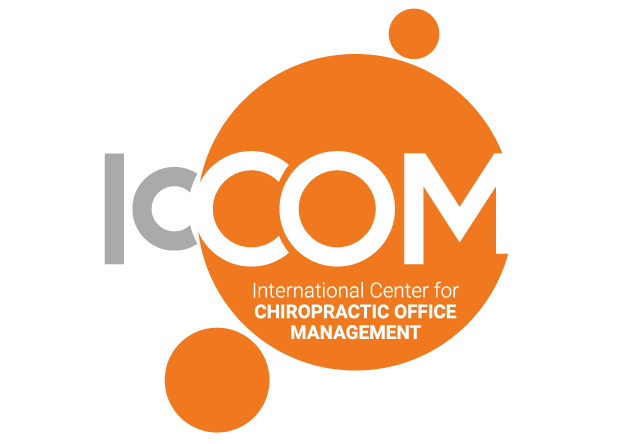BACK
Omnibus Anti-Fraud Waste and Abuse Program Integrity: Self-Audit Toolkit
Self-audit plays an important role in the fight against healthcare fraud, waste, and abuse. It is important because it not only helps reduce the risk of fraud, but also improper payments. It improves patient care, lowers the chances of external audits; and helps create and foster a more robust culture of compliance. The informational materials contained on in the guide are presented as guidelines intended to educate physicians about the importance of self-audit practices.
This resource will route you through a Self-Audit which CMS and HHS requires it be completed annually and advises it be completed quarterly.
Guide: Road Map To Compliance
Patient Nondiscrimination Rule
Many of you have been asking about the NONDISCRIMINATION PROVISION of the Affordable Care Act and what does it mean for you as a provider.
Well again….We keep it easy to understand, simple to implement, completely effective and you can take care of patients and not worry about it. No drama or instilling fear as others would make you think.
Section 1557 is the nondiscrimination provision of the Affordable Care Act (ACA). The law prohibits discrimination on the basis of race, color, national origin, sex, age, or disability in certain health programs or activities. Section 1557 builds on long-standing and familiar Federal civil rights laws: Title VI of the Civil Rights Act of 1964, Title IX of the Education Amendments of 1972, Section 504 of the Rehabilitation Act of 1973 and the Age Discrimination Act of 1975.
Section 1557 has been in effect since its enactment in 2010 and the HHS Office for Civil Rights has been enforcing the provision since it was enacted.
Issuance of the Final Rule
On May 13, 2016, the HHS Office for Civil Rights issued the final rule implementing of Section 1557, which gives you 60 days to have in place in your office.
How are you as a provider supposed to let your patients know about their rights?
The final rule requires all covered entities to post a notice of consumer civil rights; covered entities with 15 or more employees are also required to have a civil rights grievance procedure and an employee designated to coordinate compliance. Under a new requirement, covered entities are required to post information telling consumers about their rights and telling consumers with disabilities and consumers with limited English proficiency (LEP) about the right to receive communication assistance.
What to do first?
ICCOM has a “draft” copy you can get absolutely free and in several languages. Most of you do not have 15 or more employees. If you do, you will have to have written grievance policies and procedures and a designated official to handle the grievances.
Click here get your SAMPLE copy now.
Identity Theft Prevention: Red Flags Rule
But what exactly is health care identity theft and why does the World Privacy Forum say it is the most difficult of identity theft crimes to correct? According to the Federal Trade Commission, identity theft in a health care facility accounts for 3 percent of identity theft crimes, or 249,000 of the estimated 8.3 million people who had their identities stolen in 2005.
What is Health Care Identity Theft?
Health Care identity theft is the inappropriate or unauthorized misrepresentation of individually identifiable health information for the purpose of obtaining access to property or services, which may result in long-lasting harm to an individual interacting with the healthcare continuum. It “frequently results in erroneous entries being put into existing Health Care records, and can involve the creation of fictitious health care records in the victim’s name. Health care identity theft typically leaves a trail of falsified information in health care records that can plague victims’ health care and financial lives for years.
You are only required to have written policies and procedures and/or training if you have 15 or more employees.
